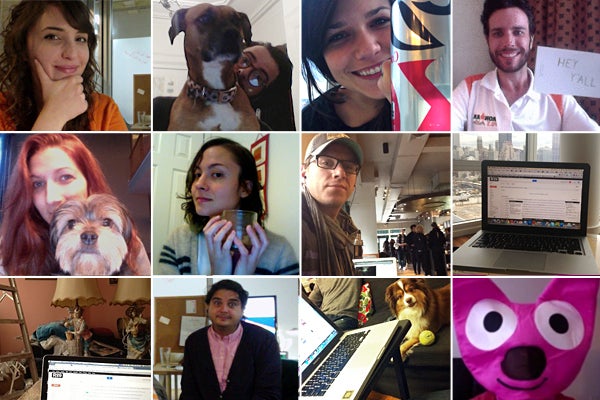Weatherproof: How Digital Start-Ups Thrived In The Face Of Sandy

Photos: Courtesy Faces Of NY Tech.


Neil Capel, CEO of SailThru — a direct-marketing email-based technology company that's essential to many businesses with newsletters (including this one) — had some more, shall we say, exciting experiences. "Despite doing all we could do to prepare for the storm," he said, "we found
ourselves not just out of an office — in fact, more than half of our employees still don't have power or Internet — but in a precarious situation with the servers located downtown in one of the
hardest-hit areas. We pulled together, creating employee 'basecamps' so we could provide business as usual in conditions anything but. To make sure our systems were up through the worst of it, our engineering team repeatedly hauled buckets of fuel up 19 flights of stairs to power the generators so we could provide services for our clients. I've never been so proud of a team in my life." SailThru wasn't the only company to have the digital version of a "bucket brigade." Hauling gas is the new hauling water, folks.

Photo: Courtesy of Faces Of NY Tech






